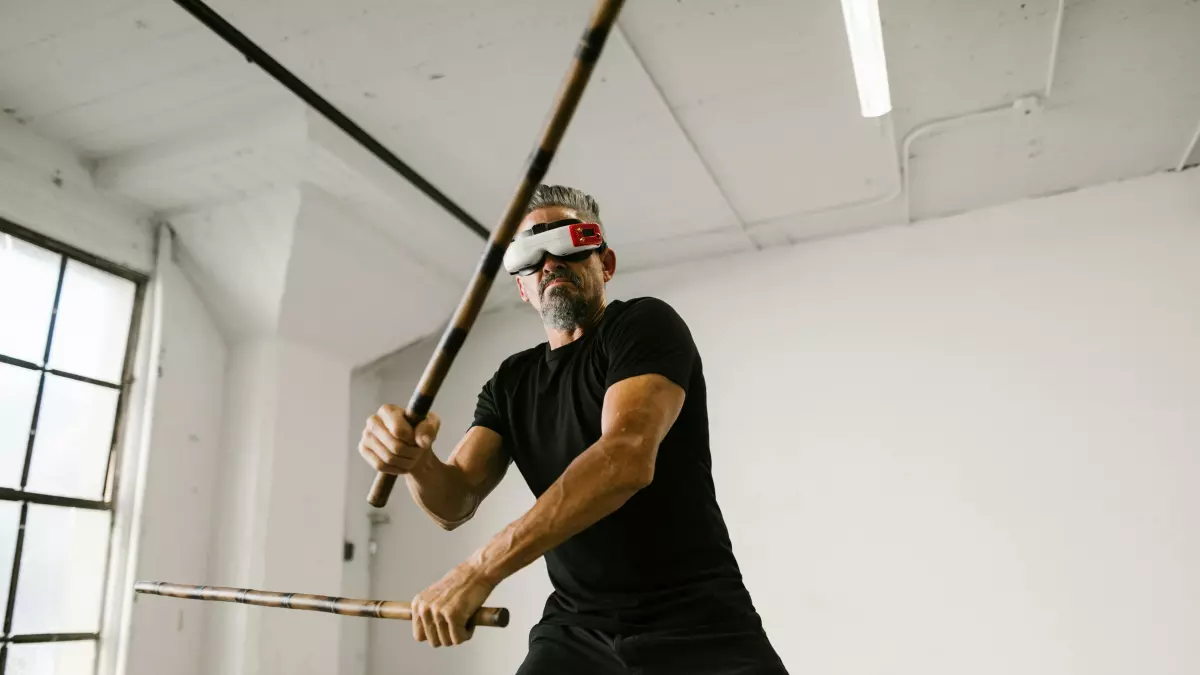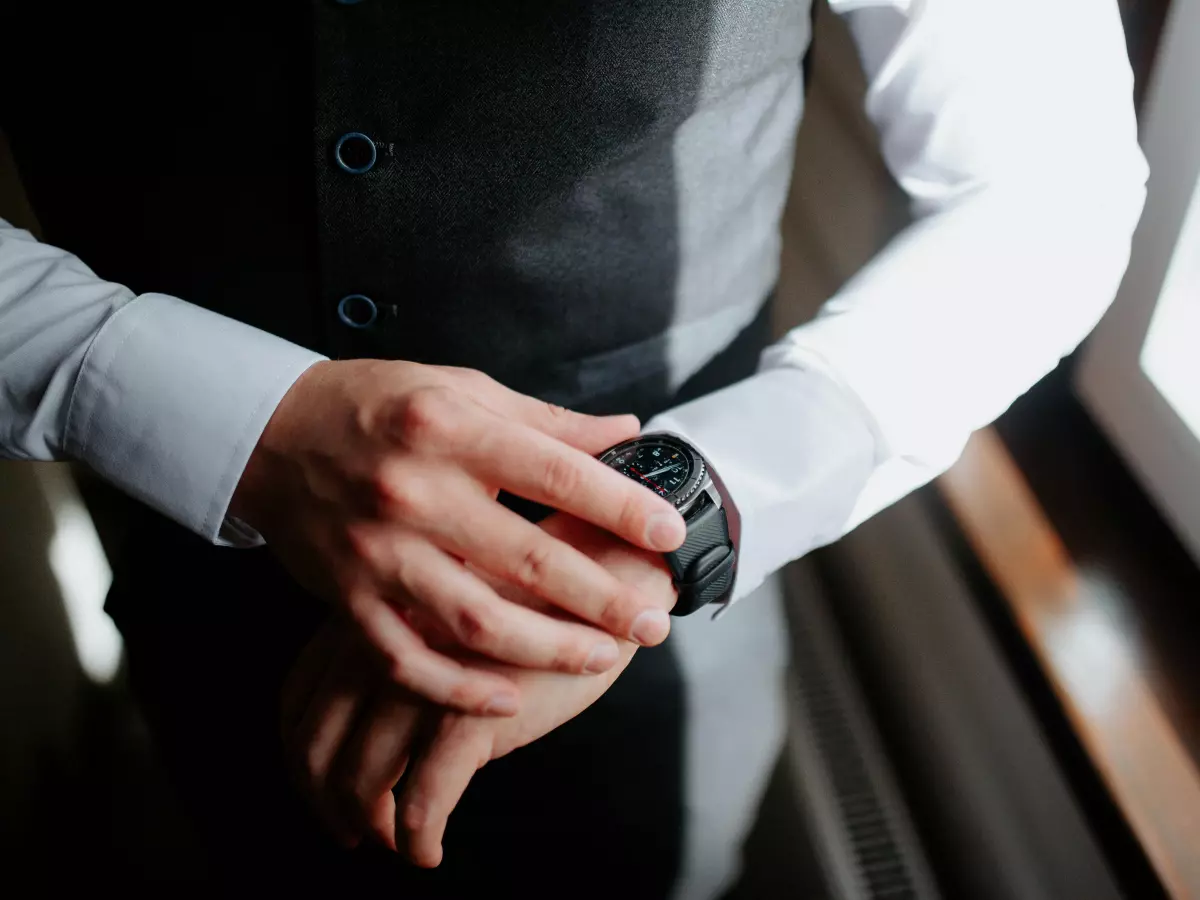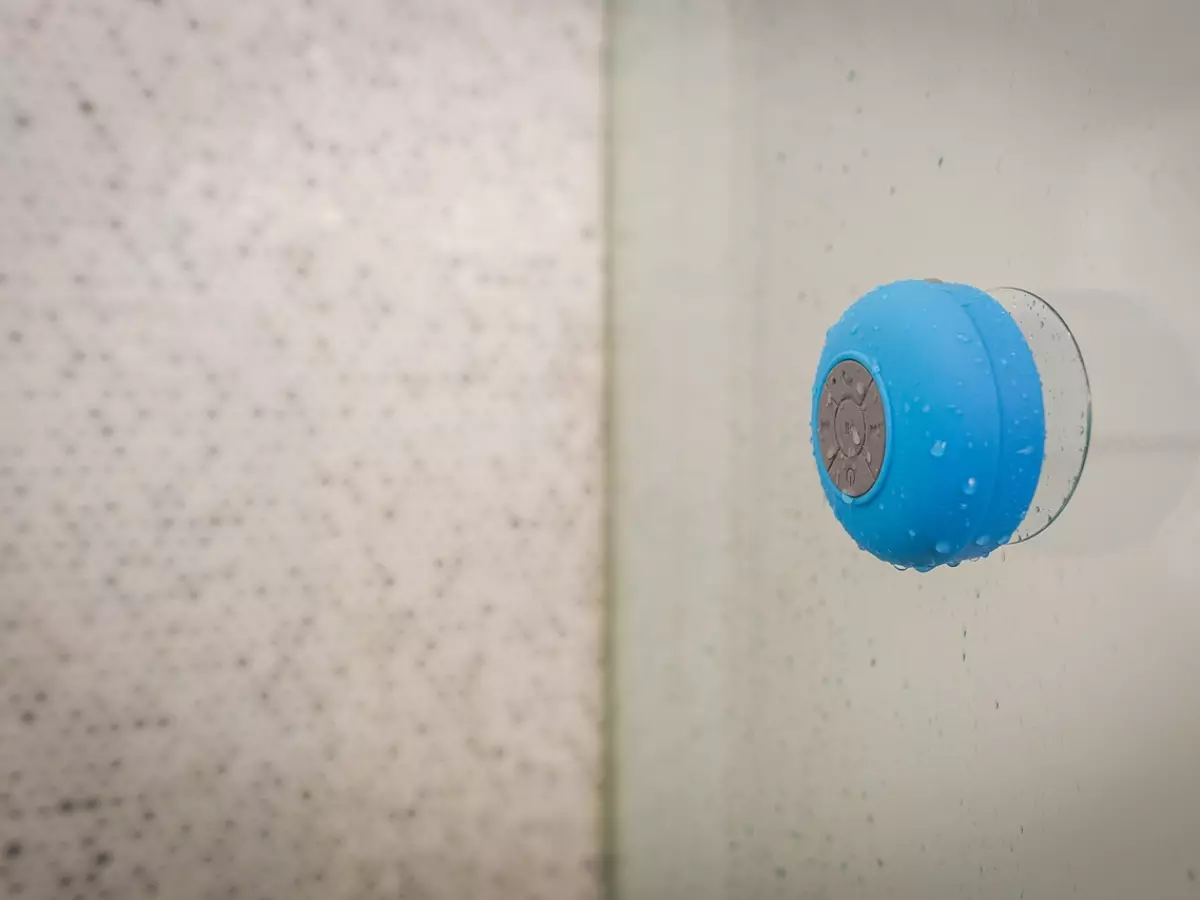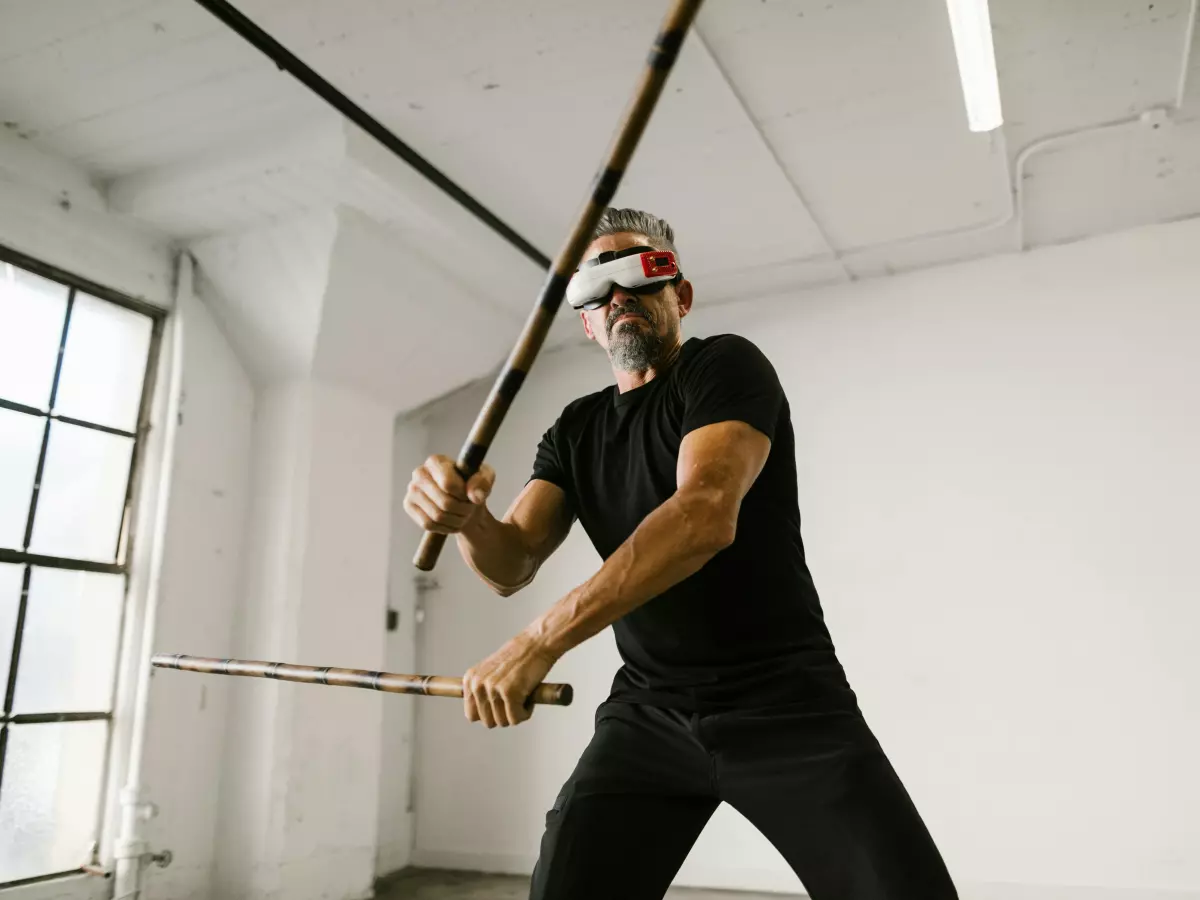AI in Wearables
I remember the first time I strapped on a fitness tracker. It was a sleek little device, promising to revolutionize my health with data. But after a few days, I realized something: it was just spitting out numbers. Steps, heart rate, calories burned—great, but what did it all mean? That's when I started digging into the real magic behind wearables: AI.

By Elena Petrova
Let's be real: sensors are cool, but without AI, they're like a car without a driver. Sure, your wearable can track your steps, monitor your heart rate, and even measure your sleep cycles, but without artificial intelligence, all that data is just... data. And data without context is about as useful as a fitness tracker on a sloth.
So, what's the deal? Why is AI the unsung hero of your wearable tech? Let's break it down.
The Sensors: Collecting Data, But Not the Whole Story
Wearables are packed with sensors—accelerometers, gyroscopes, heart rate monitors, and more. These sensors are constantly collecting data about your body and your environment. But here's the kicker: they don't know what to do with that data. That's where AI steps in.
Think of AI as the brain behind the brawn. The sensors are the muscles, gathering all the raw information, but it's AI that makes sense of it. Without AI, your wearable would just be a glorified pedometer, counting steps and not much else.
AI: The Interpreter of Sensor Data
Artificial intelligence takes the raw data from your wearable's sensors and turns it into something meaningful. It analyzes patterns, learns your habits, and even predicts future outcomes. For example, AI can look at your heart rate variability and tell you if you're stressed, or analyze your sleep patterns to suggest ways to improve your rest. It's like having a personal health coach on your wrist.
And it's not just about health. AI in wearables can also help with productivity, like reminding you to stand up if you've been sitting too long or even predicting when you're most likely to be productive based on your activity levels throughout the day.
Battery Life: The AI Advantage
Okay, so AI is great at making sense of sensor data, but what about battery life? This is where things get interesting. AI doesn't just help interpret data; it also helps manage your wearable's power consumption. By learning your habits, AI can optimize when and how sensors are used, extending battery life without sacrificing functionality.
For example, if your wearable knows you usually go for a run in the morning, it can activate the GPS and heart rate monitor only during that time, saving battery during the rest of the day. It's like having a smart assistant that knows when to conserve energy and when to go all out.
Software Integration: The AI Ecosystem
AI doesn't work alone. It needs software to integrate with, and this is where things get really powerful. Most wearables are part of a larger ecosystem, syncing with apps on your phone or even cloud-based platforms. This allows AI to pull in even more data, like your calendar, emails, or even social media activity, to provide a more holistic view of your health and productivity.
For example, if your wearable notices you're stressed, it might suggest a meditation session based on your schedule for the day. Or if it sees that you've been sitting for too long, it could remind you to take a break, knowing you have a meeting in 10 minutes. The possibilities are endless when AI and software work together.
Conclusion: AI Is the Real MVP
At the end of the day, sensors are just the beginning. Without AI, your wearable is just a fancy gadget that collects data. It's AI that turns that data into actionable insights, helping you live a healthier, more productive life. So, the next time you check your heart rate or track your steps, remember: it's not the sensors that are making the magic happen—it's the AI working behind the scenes.
And who knows? As AI continues to evolve, your wearable might just become your new best friend—one that knows you better than you know yourself.





